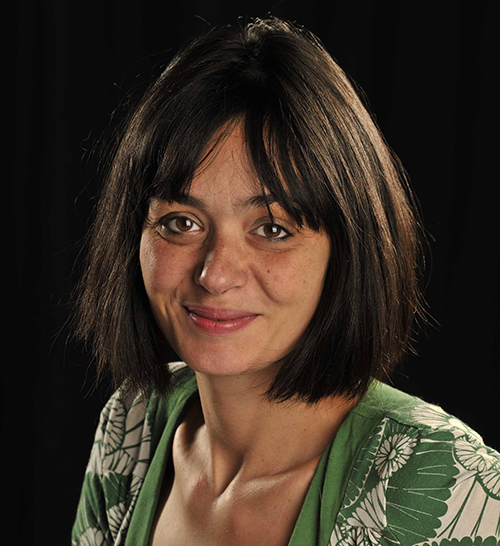[youtube https://www.youtube.com/watch?v=3UBQ7QtfyVc?rel=0&controls=0&showinfo=0]
The Australian Centre for Agriculture and Law does really amazing research which has a real world impact on people and the planet. The researchers at the Centre are always keen to relay how important their research is and provide us with ideas about how we can help save the planet.
Before she left UNE for a new and exciting job in Denmark, Dr Elodie le Gal, filmed an interesting interview about her research in invasive species management and biodiversity. One of the most poignant aspects of Elodie’s discussion is how important biodiversity and invasive species management are to the future of human kind. In other words, Elodie argues we have an ethical duty to our children and future generations to protect biodiversity.
Growing up in France has had a profound impact on Elodie and as a consequence, both food and the natural environment is very important to her. When Elodie recently visited her mum in France she was saddened to see what was happening to some of the large trees in her mum’s garden. You see, some of the trees Elodie played in as a child, were dying. This was due to the devastating impacts of the Chenille processionaire, a species of caterpillar that has had destructive impacts in the French Pyrenees, next to the Spanish border. This species of caterpillar has destroyed beautiful pine forests. It eats pine leaves, which as a result dramatically increase the risk of fire, particularly in summertime.
The impacts of invasive species is also evident in Australia where the killing of thousands of sheep by wild dogs and foxes in several Australian states has put the sheep industry at risk. This has huge impacts on rural communities as people lose their jobs, which aggravates the economic vulnerability of country towns and causes psychological stress on farmers. Wild dogs in Australia have significant psychological impacts on Australian farmers, who are already under increasing pressure due to climate change and environmental disasters such as floods and fires.
Biodiversity and invasive species management are also very important to mum and dad gardeners who spend their weekends battling weeds. Often people will use chemicals to control these weeds, but this may just exacerbate the problem in terms of biodiversity. You see, having weeds can be a sign your soil is sick and in need of attention, so perhaps a better solution is to work to enrich the soil.
Even though when we speak about invasive species, people quite rightly think of pests such as cane toads and foxes, sometimes even the cutest creatures can have possible biodiversity implications. For example, many of you will remember the media attention which was directed towards Johnny Depp when he brought his dogs Pistol and Boo into Australia. Bringing small fluffy dogs into the country may seem benign at worst, but in actual fact allowing these sort of practices can have significant biodiversity repercussions.
People across the world are travelling more and more which increases the risks to our biodiversity. This is one of the reasons why it is necessary when you travel to Australia to fill in the Incoming Passenger Card. This card will ask you questions such as if you have visited a farm whilst being overseas. The reason why these questions are asked is to try to safeguard against importing invasive species and bringing in diseases which may impact on human health.
Basically, there are no simple answers to these issues and instead it is a complex challenge which the community needs to come together as a whole to address. In particular, Elodie spoke about how important it is to use the valuable knowledge of the traditional owners is in terms of managing these environmental challenges. This knowledge coupled with the expertise of professionals such as policy makers and financial investors and the community as a whole, may go a long way to addressing these challenges. It is clear though- if we choose to do nothing, our food security and indeed the whole human species will be under threat!
[youtube https://www.youtube.com/watch?v=gJA75VfR6sQ?rel=0&controls=0&showinfo=0]



